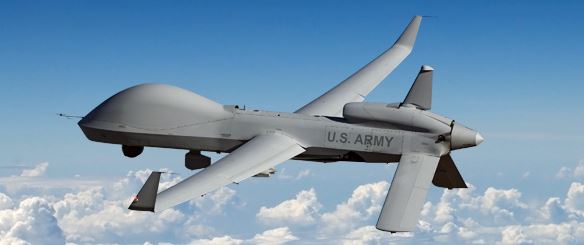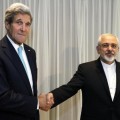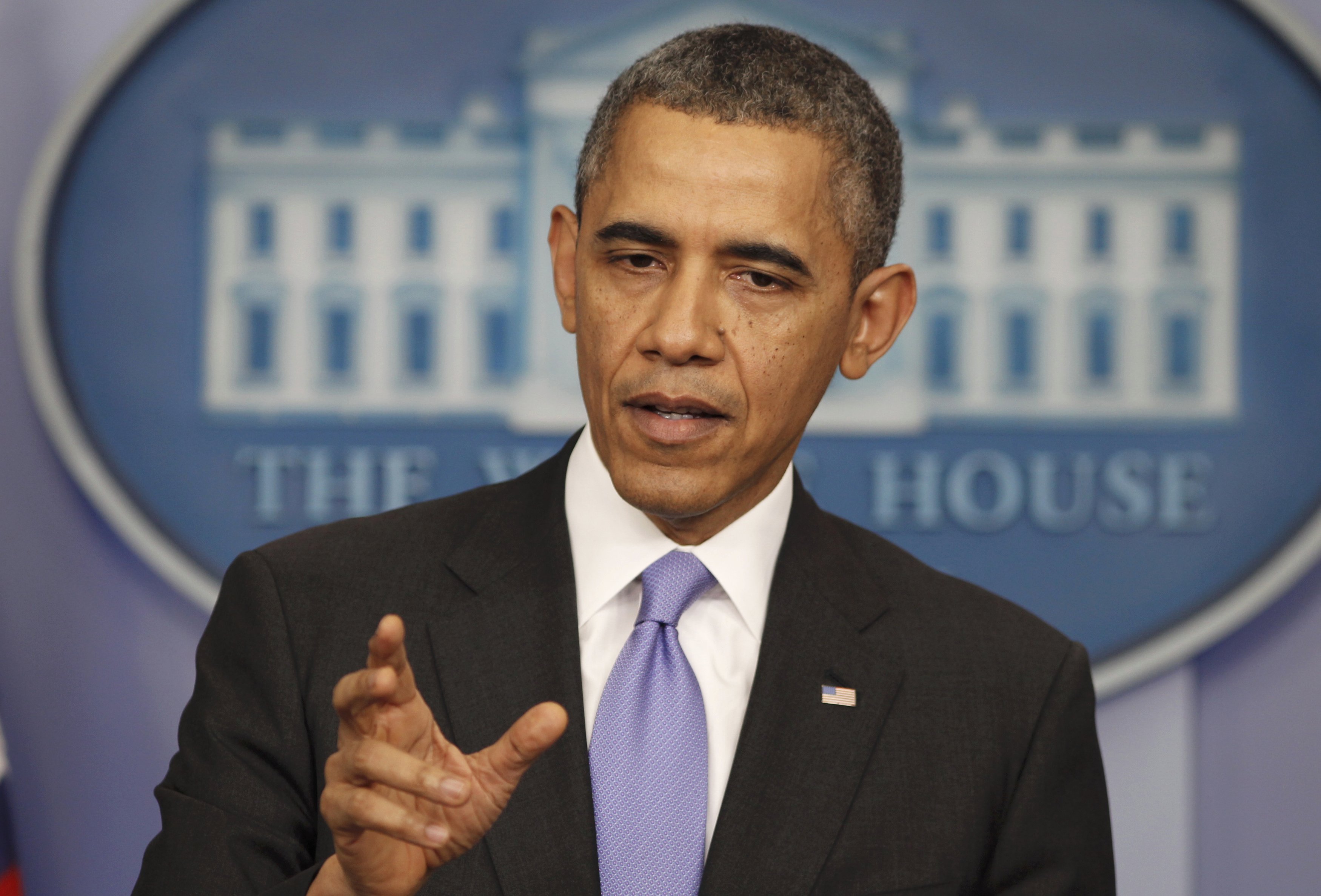There was a flurry of White House activity following President Trump’s surprise decision to not proceed with a military response to Iran’s downing of an American unmanned drone in international airspace.
New sanctions were imposed on Iranian leaders. According to Secretary of State Mike Pompeo“This action was taken as part of the Administrations maximum pressure campaign against the Iranian regime, which has engaged in 40 years of terror and aggression against the United States and our allies. Most recently, it targeted a U.S. unmanned aircraft and executed attacks on international shipping. The Supreme Leaders Office has enriched itself at the expense of the Iranian people. It sits atop a vast network of tyranny and corruption that deprives the Iranian people of the freedom and opportunity they deserve. Todays action denies Irans leadership the financial resources to spread terror and oppress the Iranian people. The only path forward is for Iran to negotiate a comprehensive deal that addresses the full range of its destabilizing behaviors. Until it does, our campaign of diplomatic isolation and maximum economic pressure will continue. When the Iranian regime decides to forgo violence and meet our diplomacy with diplomacy, it knows how to reach us.”

The new sanctions mandate that the Iranian leadership properties and interests in or within U.S. jurisdiction are blocked and may not be transferred, paid, exported, withdrawn, or otherwise used.
The Administration didn’t stop there. Joint actions in coordination with Saudi Arabia, The United Arab Emirates, and the United Kingdom were announced, relating to Iran’s activities in Yemen. They propose jointly detering “Iranian destabilizing activity to peace and security both in Yemen and the broader region, including attacks on the oil tankers at Fujairah on 12 May and in the Gulf of Oman on 13 June. These attacks threaten the international waterways that we all rely on for shipping. Ships and their crews must be allowed to pass through international waters safely. We call on Iran to halt any further actions which threaten regional stability, and urge diplomatic solutions to de-escalate tensions.”
The four nations also condemned Iran’s assistance to the Houthi attacks on civilians. On June 12, 26 civilians were injured in an attack on the Abha civilian airport, which used Iranian missiles and drones,
Part of the humanitarian crisis in the region has been the suspension of the World Food Program in Sanaa, due to the hostile activities of the Iranian-backed Houthis.
President Trump’s decision to suspend, at least temporarily, a military response to the Iranian shoot-down of a U.S. drone appears based on solid logic. An attack that successfully destroyed a few military bases or facilities would not cause significant damage to the Tehran’s regimes overall strength. However, further tightening sanctions could produce significant economic pain that would be felt nationwide.
The sanctions, a response to Iranian-backed terrorism, regional aggression, and the development of nuclear capabilities have taken a serious toll. Jareer Elass, writing in The Arab weekly reports that “The US government said Tehran typically has earned $50 billion a year from its oil exports. Since the US embargo on Iranian crude sales went into effect in November with the temporary waivers attached, Tehran reportedly has lost more than $10 billion in oil revenue. Iran’s economy faces deeper damage…As part of his executive order, US President Donald Trump emphasised that it is “the policy of the United States to deny the Iranian government revenue, including revenue derived from the export of products from Iran’s iron, steel, aluminium and copper sectors, that may be used to provide funding and support for the proliferation of weapons of mass destruction, terrorist groups and networks, campaigns of regional aggression and military expansion.”
Frank Vernuccio serves as editor-in-chief of the New York Analysis of Policy & Government.

















Follow Us